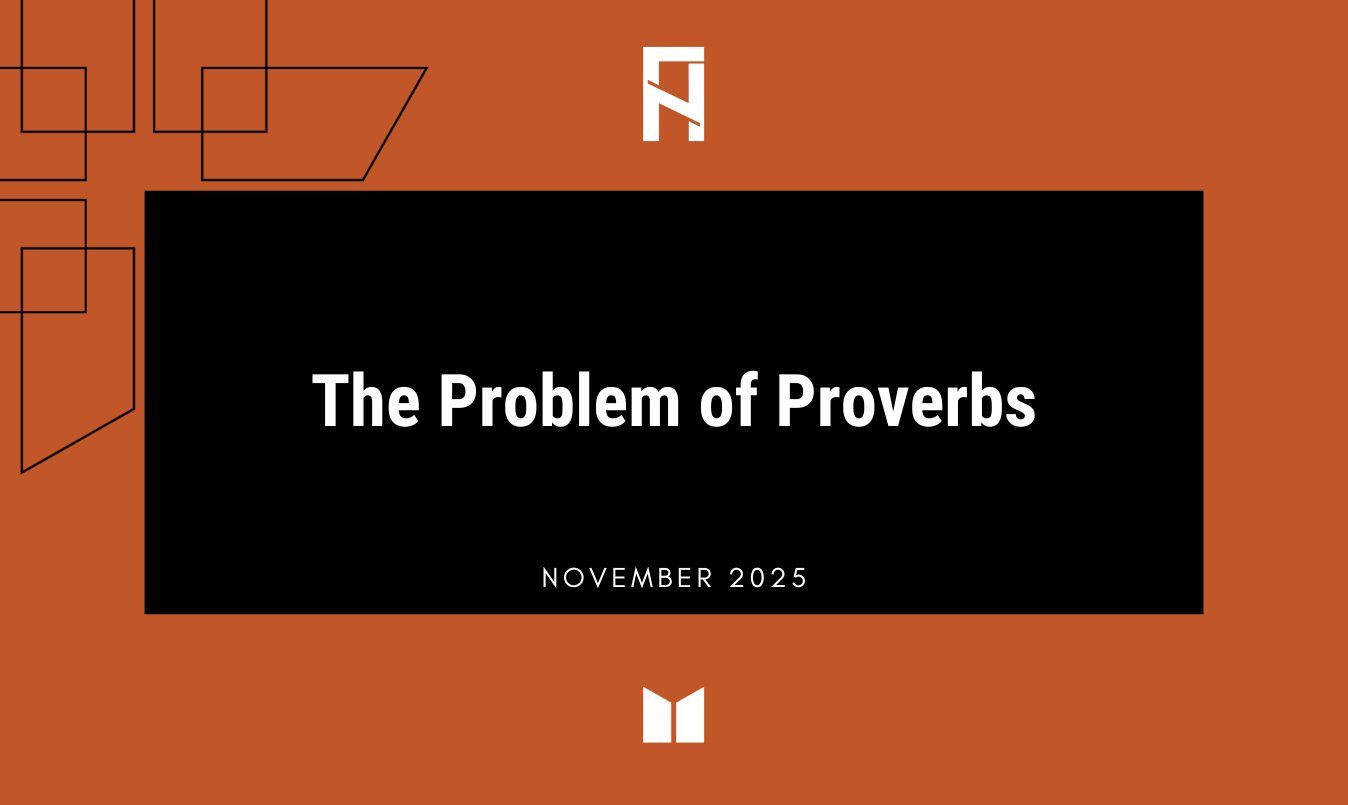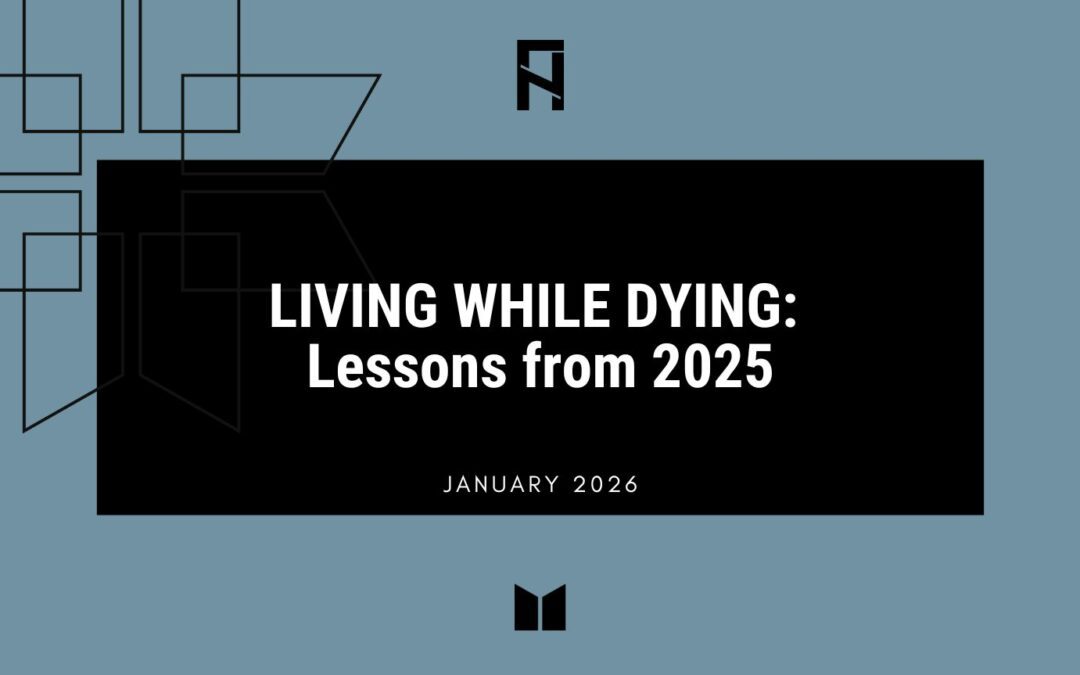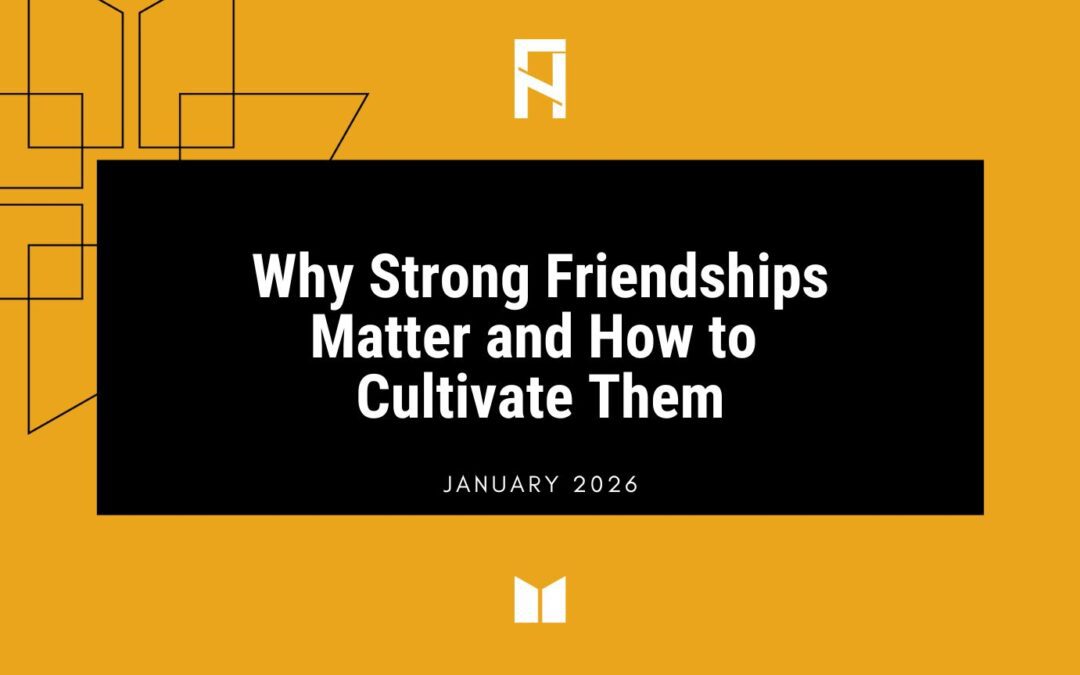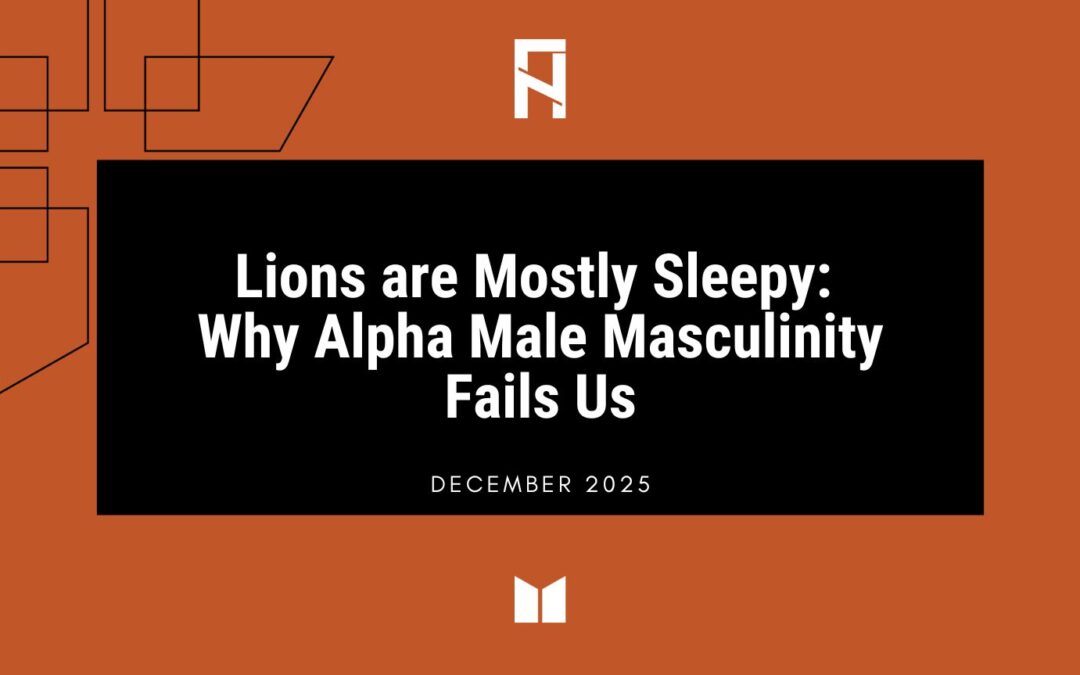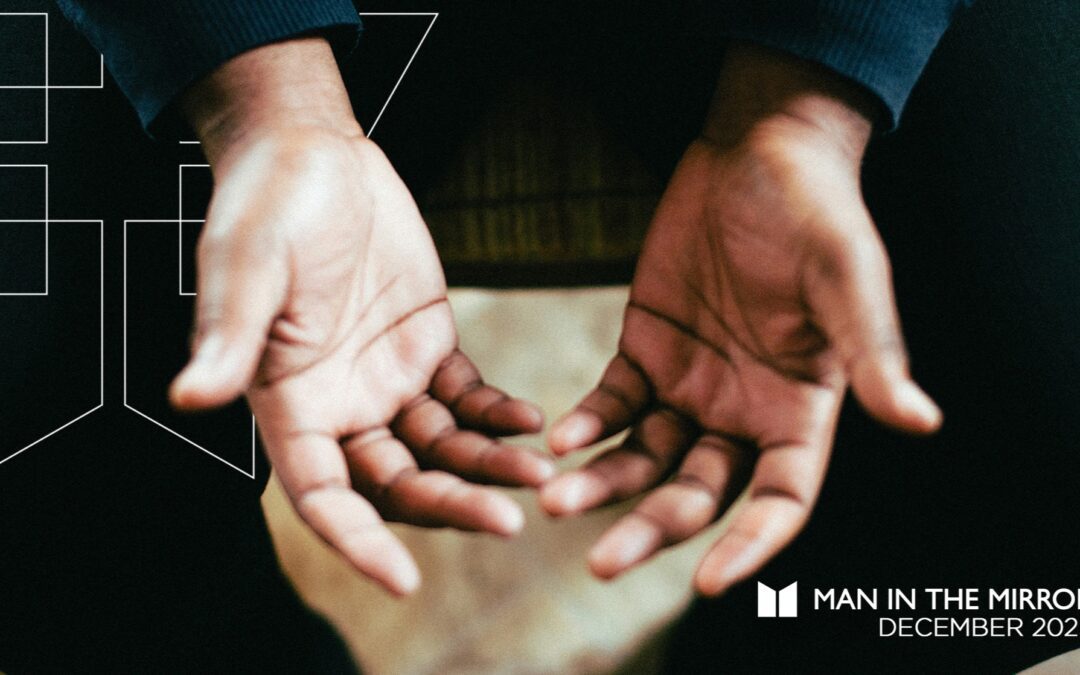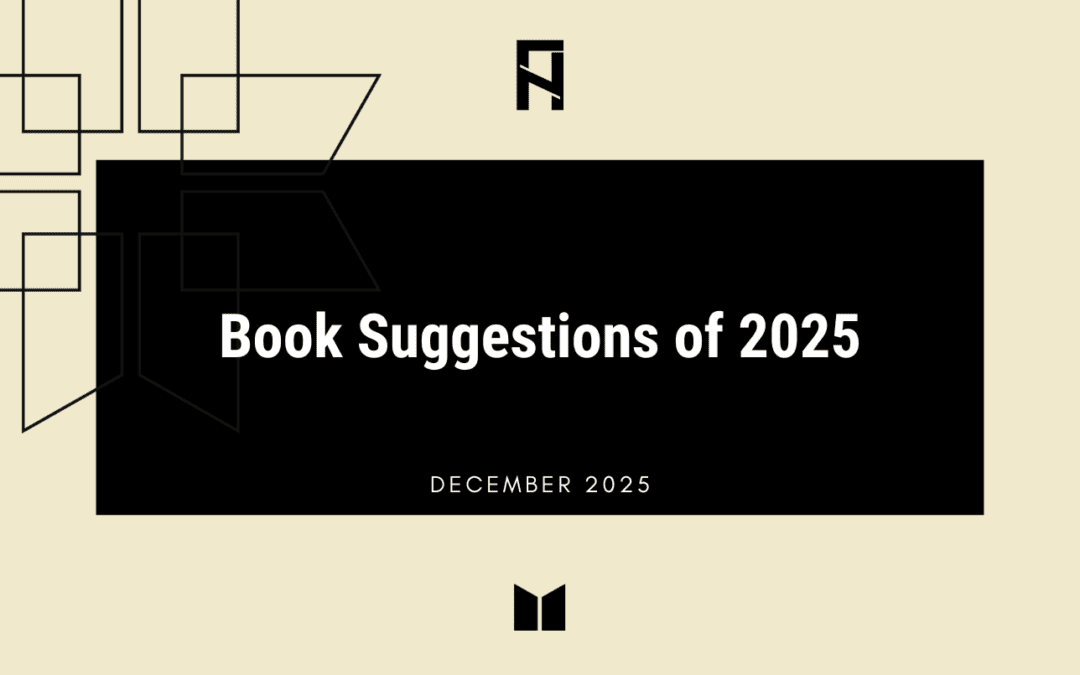I suspect most of us encounter the Book of Proverbs as young men. But lately, I have had the privilege of encountering it again, not through my own eyes, but through the bright eyes of my fourteen-year-old son. We sit together early in the morning, before the chaos of the day, running our fingers over the verses, searching for the organizing principle of a messy universe.
For my son, the text is a revelation. He reads the couplets with the urgency of someone finding the treasure map he has always needed: “The hand of the diligent makes rich” (10:4). “A man who is kind benefits himself, but a cruel man hurts himself” (11:17).
For him, Proverbs is not poetry; it is a user’s manual for success. It promises that the world is fundamentally governed by clear moral laws. If you work hard, speak wisely, and are temperate in your habits, life will yield its rewards. God blesses the faithful son.
And I love this eager optimism. It is the necessary engine of ambition, the moral scaffolding required to build a character and a career. He wants to be the wise son, the man who makes his father glad (10:1), who is trustworthy and reliable.
But as I sit across from him, watching him highlight these hopeful verses, I realize with a certain melancholy that I am no longer reading the same book. Where he sees the righteous path ahead, I see the foolish pitfalls all around.
His reading is Aspirational; mine has become Confessional.
Fool That I Am
Life, it turns out, is rarely as neat as a well-crafted proverb. Years accumulate, and with them come losses, betrayals, and failures that are mostly the result of personal sin. This is the moment when the Book of Proverbs changes its tune in our ears. As an older man, I no longer hear the beckoning call of the wise son.
The wisdom literature, once a hopeful map, now feels more like a clinical diagnosis of the human condition—a condition I realize I share more closely with the scoundrels than with the saints.
Where before I eagerly identified with the wise man who controls his tongue, I now recognize the fool: “The mouth of a fool brings ruin to him, and his lips are a snare to his soul” (18:7). I see my own quick, careless words that caused unnecessary pain.
Most painfully, where I once saw the honest man of integrity, I now see the fool who is arrogant in his own eyes: “Do you see a man who is wise in his own eyes? There is more hope for a fool than for him” (26:12). This is the great trap of the ambitious, successful life: the belief that past competence guarantees future wisdom.
This simple act of reading Proverbs with my son has crystallized the spiritual journey of my life. The problem of Proverbs is that when you finally internalize its diagnosis, you realize you are not the virtuous hero, but the recurring moral obstacle in your own story.
The Gospel for Fools
This hard-won humility brings us to the ultimate religious pivot: the hinge between the Old Testament’s wisdom and the New Testament’s grace. When we stand before the divine, broken by the truth that we are far more fool than wise son, where does hope go?
You can choose, I suppose, to continue to read Proverbs like a child. You can see the cosmos operating on a principle of the cosmic scale. Righteousness is on one pan, folly on the other, and the balance determines the outcome. From this perspective, our spiritual life is a constant, frantic effort to keep the scales tipped in our favor.
The Gospel, however, shatters the cosmic scale. It reframes the balance not as a competition of deeds, but as a balance of faith. The core message is that salvation is not earned by wisdom but gifted to fools. The ultimate wisdom, then, is not the accumulation of proverbs, but the internal surrender to the truth of one’s own chronic foolishness. Not to lose the aspirations of youth, but to realize that the measure of a man often comes through hard-won humility.

